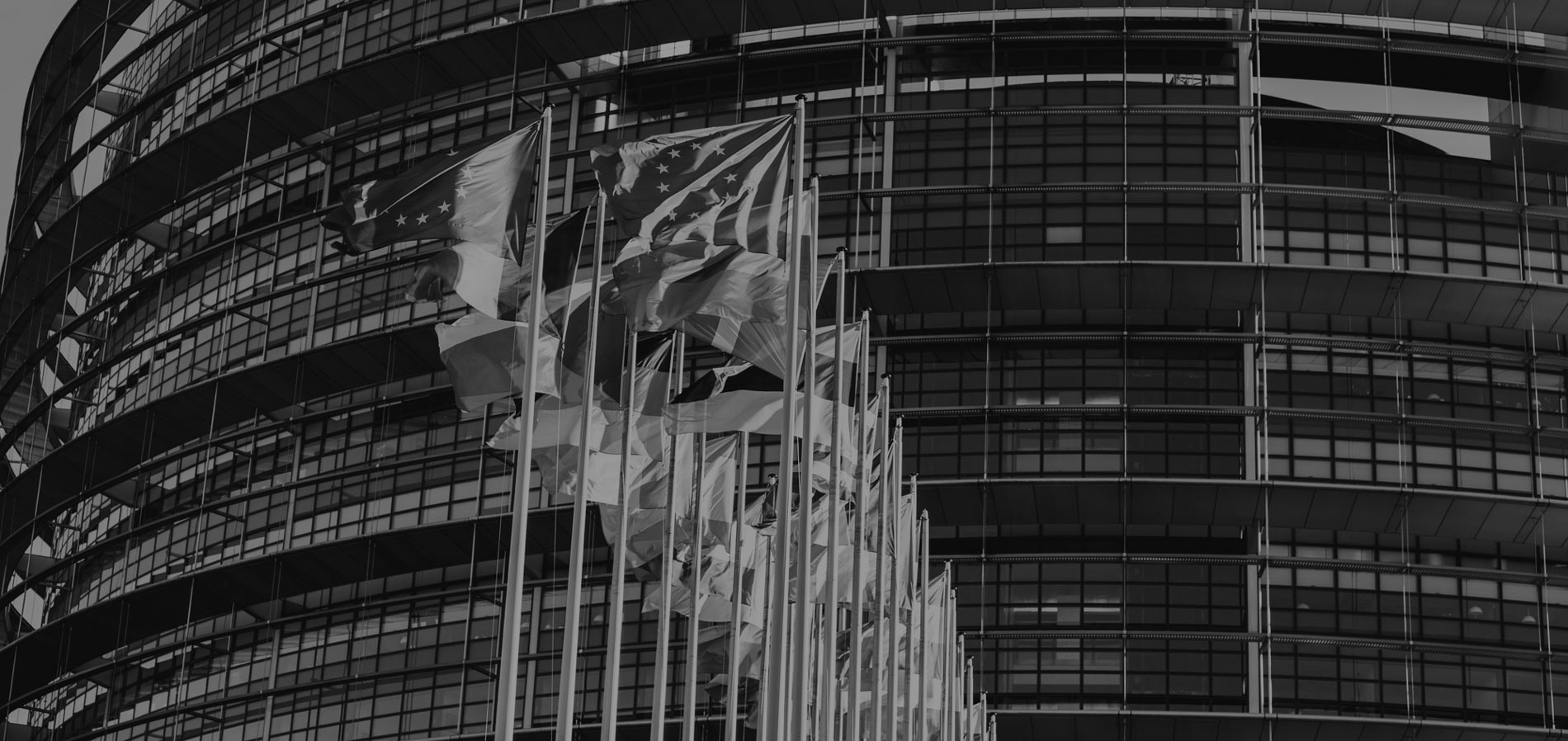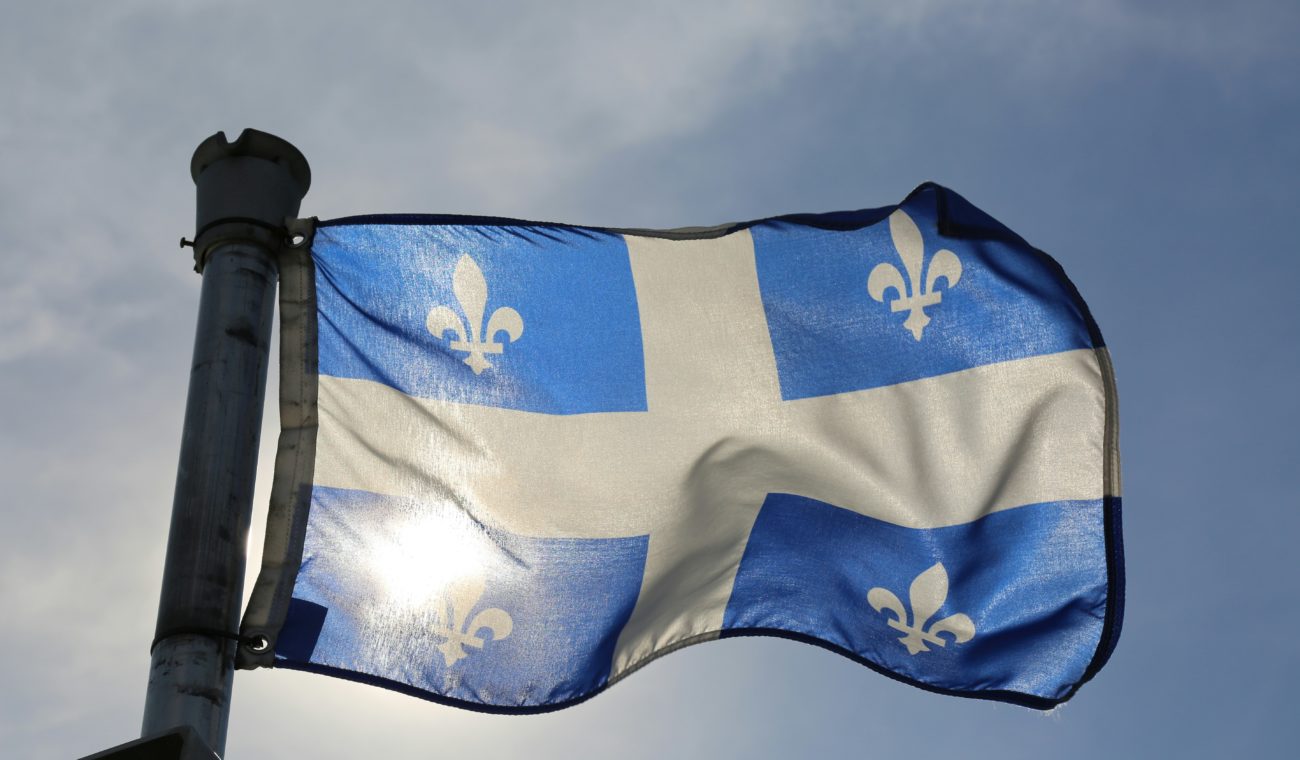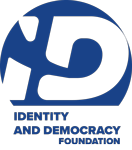Vive le Québec libre: the rebirth of the patriotic left
Every Monday morning, you can catch up with Raphaël Audouard, Director of the Identity and Democracy Foundation, on Ligne Droite, Radio Courtoisie’s morning show, and in his column on our website. This week, we take a look at the revival of Quebec independence movement.
Watch the video:
Quebec is currently undergoing major political changes. Can you explain the political context in Quebec?
For a long time, political life in Quebec was divided between two major parties: on the one hand, the conservative right represented by the Union nationale, and on the other, the liberal left represented by the Parti libéral. However, in the 1960s, the Quiet Revolution put an end to Quebec’s conservative society. The Union Nationale, which had ruled the country for 20 years, collapsed, along with the Catholic Church, which had supported the Conservatives. Quebec, once a highly religious territory, saw Catholicism collapse and virtually disappear. Today, Quebecers refer to this period of Conservative domination as the “Grande Noirceur”, a sign that Quebec has profoundly rejected this conservative and religious period. Politically, the social-democratic, pro-independence wing of the Liberal Party split off to form the Parti québécois, and from the 1970s onwards, political life in Quebec was dominated by the left: on one side, the Liberal Party, embodying a liberal, pro-Canadian left, and on the other, the social-democratic, pro-independence Parti québécois.
Yet recent years have seen the re-emergence of a right-wing movement in Quebec?
The ’90s saw the reappearance of a center-right party formed from a split in the right wing of the Liberal Party. This was the Action démocratique du Québec, which was later absorbed by the Coalition avenir Québec (CAQ). Gradually, this center-right emerged and competed for leadership with the Liberals and the independentists. Eventually, CAQ leader François Legault would win the 2018 election. Although François Legault’s program is very moderate, it was his defense of secularism, the French-speaking world and his criticism of immigration that won him the election. As a result, the CAQ is an autonomist party advocating a certain Quebec nationalism that contrasts with Justin Trudeau’s vision of a multicultural Canada.
And what about recent developments?
In the 2023 legislative elections, the CAQ won 41% of the vote and two-thirds of the seats. At the time, nothing seemed to stand in the way of François Legault’s dominance, especially as the opposition was so divided. In recent months, however, the polls have shown major shifts, with the CAQ collapsing and the Parti Québécois emerging as the left-wing, pro-independence, social-democratic party poised to become Quebec’s leading party. If the election were held today, it’s likely that the CAQ would lose power and we’d see a return to the independentists. But the Parti Québécois is an ambiguous party. Sure, it’s a left-wing social-democratic party, but it’s also a party whose primary goal is Quebec independence, and which has always claimed Quebec nationalism. As a result, in electoral terms, it draws both an urban, rather center-left electorate that corresponds more or less to the left-wing electorate in France, and a much more conservative electorate in outlying Quebec and the countryside. The Parti Québécois, in the name of the fight for Quebec’s identity and independence, has always maintained a secular stance and defended the French-speaking world. And since Paul Saint-Pierre Plamondon came to power in the Parti Québécois, the PQ has reinforced this approach and added a very firm stance on immigration, so that today, the Parti Québécois is the strongest party on immigration issues in Quebec. And that’s one of the reasons it’s stronger, since the CAQ was elected on a platform of fighting immigration, but François Legault’s government isn’t doing much about it. With its social-democratic, secular, nationalist and anti-immigration discourse, the Parti Québécois is embodying an alternative not only to the CAQ in Quebec, but also to the very liberal and multicultural Canadian government.
If things continue like this, what could the consequences be for Canada?
We’re increasingly seeing a cultural and political opposition between a very liberal, progressive, and multicultural Canada on the one hand, and a much more statist, social-democratic, secular Quebec on the other, which is critical of immigration and multiculturalism. As a result, Quebec is regularly criticized by Canadians. In general, Canadian discourse, whether it’s the discourse of journalists, politicians, the media or even Canadian public and cultural figures, there’s a very strong discourse of criticism against Quebec, accused of being reactionary because it’s opposed to multiculturalism. What’s more, according to the polls, the Conservatives could come to power in Canada in the next election, toppling Justin Trudeau’s Liberal Party. The Conservative Party of Canada is just as liberal, progressive, multicultural, and pro-immigration as the Liberal Party, but where the Liberal Party is regularly led by Francophones (Justin Trudeau and his father are Francophones), the Conservative Party of Canada is a party that stands up for Anglophones. The arrival in power of the Canadian Conservatives could reinforce Quebecers’ rejection of the Canadian federal state and strengthen the Parti Québécois, a pro-independence party. In 1995, Quebec narrowly failed to gain independence, and the Parti Québécois is determined to try again to create a Republic of Quebec independent of Canada.
And what do these debates have to do with Europe?
Firstly, the emergence of a patriotic left in Quebec echoes a phenomenon I’ve already mentioned in Europe. If a patriotic social-democratic party came to power in Quebec, it could give ideas to several left-wing parties in Europe. Secondly, if Quebec were to achieve independence – and this is a hypothesis that must be considered with the emergence of independentists – Quebec would be an ally for European patriots, and especially for French patriots, because of the shared desire of Quebec patriots and European patriots to be independent of the Anglo-Saxon bloc, and in particular of the United States. So, a Parti Québécois victory in the coming years would be doubly good news for patriots in Europe, and particularly in France.



